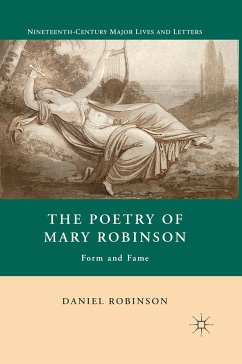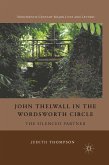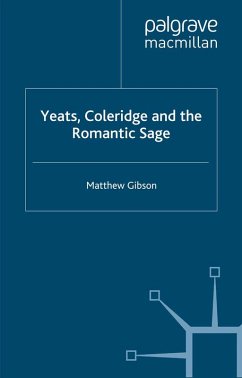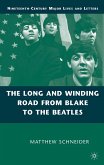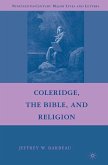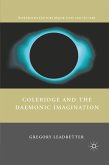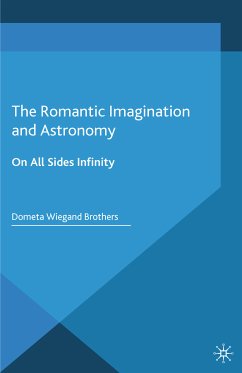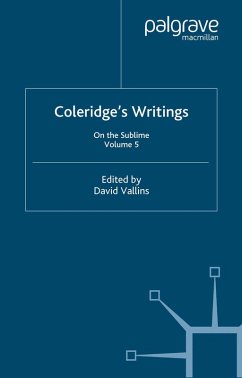Dieser Download kann aus rechtlichen Gründen nur mit Rechnungsadresse in A, B, BG, CY, CZ, D, DK, EW, E, FIN, F, GR, HR, H, IRL, I, LT, L, LR, M, NL, PL, P, R, S, SLO, SK ausgeliefert werden.
"Here, finally, is the first full-length study of Mary Robinson's poetry and the most insightful work on that author since Judith Pascoe's Romantic Theatricality. Beginning with Robinson's years as one of John Bell's featured poets in The World and the Oracle, Robinson tracks her development from newspaper ingénue to central contributor for Daniel Stuart's Morning Post. Throughout we find sustained attention to Robinson's technical achievements as a poet, from the odes of Laura Maria to the sonnets of 'Sappho' to the later, virtuoso works that eventually became Lyrical Tales. Here, contexts beget forms, and formal innovations take on political valences. Equally welcome is the decision to incorporate her other writings - her many novels, treatises, plays, and tracts, indeed, her entireoeuvre - to bear on the poetry. A truly foundational work." - Michael Gamer, Associate Professor of English, University of Pennsylvania
"In Robinson's nuanced and learned readings, Mary Robinson's poems snap into focus. The formal virtuosity of the poems rewards this critic's efforts to understand and winningly explain Mary Robinson's ambitious reworkings of poetic genres, and her investment in the poetry networks of her day. This book will serve as a cornerstone of future Robinsonresearch." - Judith Pascoe, Professor of English, University of Iowa
"Robinson offers us a refreshingly new way to think about Mary Robinson, and about how important contemporary 'fame' was to a poet fully engaged in the literary and cultural conversation swirling in the British press in the 1790s. Not just a reassessment of a perennially mischaracterized poet, Robinson s book is a revealing portrait of an unexpectedly practical literary artist who knew her craft and who deployed it shrewdly among an array of poetic personae." - Stephen C. Behrendt, George Holmes Distinguished Professor of English, University of Nebraska

